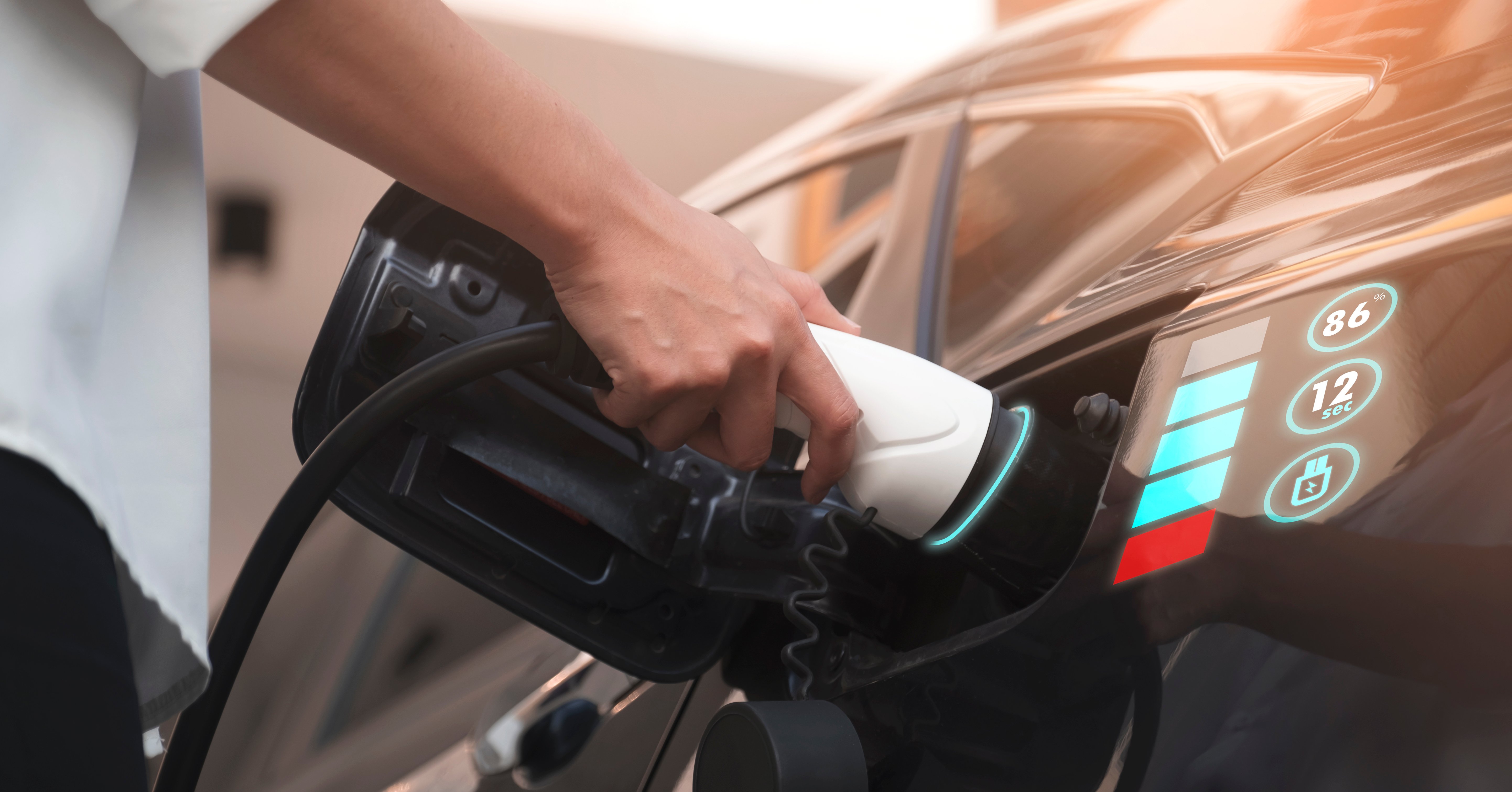Top 3 On-Demand Mobility Stories in Europe - 1 Nov 2018
by Inline Policy on 01 Nov 2018
This week's top 3 stories: Report highlights licensing problems for UK taxi and private hire drivers, VW and Intel working on autonomous ride-hailing in Israel, electric scooters to be legalised in Germany.
1. New report highlights licensing inconsistencies for taxi and private hire drivers in the UK, makes new regulation more likely
A damning report has been published in the UK which details instances of local licensing authorities awarding taxi and private hire driver licences to drivers with serious criminal records. Drivers with convictions for crimes as serious as child sexual assault were awarded licences. The report highlighted that there are inconsistencies between England's circa 300 local authorities and no mandatory national database of drivers who have had their licenses revoked by a local authority.
The recently published report of the Government's "Task and Finish Group" on taxi and PHV licensing recommended a range of new rules, including a national database of taxi drivers and of people who have had a licence refused or revoked, so that local licensing committees can take this into account when assessing whether drivers are "fit and proper" to hold a taxi or PHV licence. Media coverage like this brings more stringent and consistent ever-closer, but the Government have not yet said when they will respond to the Task and Finish Group's report.
2. VW and Intel team up for 2019 launch of autonomous ride-hailing service in Israel
Volkswagen and Mobileye, a computer vision firm owned by Intel, have announced plans to launch an autonomous ride hailing service in Israel in 2019. Volkswagen will provide a fleet of electric vehicles which will be fitted with Mobileye's self-driving technology. The companies have said that the Israeli Government is on board with the project, and is ready to supply regulatory and infrastructure support the project requires. While this makes for good headlines, it seems that the project will only have a handful of vehicles in 2019 and it's not clear how autonomous those cars will be. The ambition is to get to hundreds of cars in 2022 and the project is seeking to achieve "targeting Level 4/5 commercial MaaS", but there is no commitment on the level of autonomy attached to the timescale, and no commitment to timescale attached to the level of autonomy.
3. Electric scooters could be legalised in Germany by the end of the year
A spokesperson for the German Federal Ministry of Transport has said that they expect a law legalising the use of electric scooters to pass through Parliament and come into force by the end of 2018 or early 2019. While it is not yet clear whether the scooters will be able to use cycle paths, nor what regulatory requirements may be placed on riders, Lime, Bird and Germany's own Tier are said to be preparing their launch plans.
This is a weekly note covering the top three developments in the regulation of on-demand transport in Europe. It covers taxis, ride-sharing, car sharing, carpooling, bikes, e-bikes, scooters, shared mopeds and anything else that's relevant to the sector. If you'd like to receive this direct to your inbox then please enter your email address below:
Topics: Autonomous vehicles, Electric vehicles, Transport, Sharing economy, Collaborative economy, Sharing and on-demand transport, Top 3 Mobility Stories This Week, Mobility





.jpg)
Comments